
How export-oriented Ukrainian companies adapt to the war: the experience of the wooden pallet manufacturer
27/11/2022
Since the beginning of Russia’s full-scale invasion of Ukraine, Ukrainian business has suffered significant losses. According to the survey conducted by the Ministry of Digital Transformation, about 40% of enterprises have been stopped or are on the verge of closing, and the total direct losses of small and medium-sized businesses since February 24 are estimated at more than one hundred billion dollars.
Among the main problems that prevent the recovery and development of business during the war are a small number of paying customers, the unpredictability of the situation in the country, and the lack of sufficient capital.
Some companies were completely destroyed or damaged due to shelling, some began a long process of relocating production facilities, whilst others faced fuel shortages, reduced demand and broken supply chains.
According to the survey of the Institute for Economic Research and Policy Consulting, as of the summer of 2022, about 40% of the surveyed enterprises stopped exporting goods abroad. Small and medium-sized businesses prevail in these statistics. For them, among other things, in contrast to the big enterprises, it is more difficult to diversify product supply routes.
Export-oriented business
One of such companies is Eco Energy, manufacturer of wooden pallets. Prior to the full-scale invasion, the company supplied almost one hundred percent of its products to China, South Korea, and European countries.
“In the first months after the start of the war, it was partially possible to export products to Germany. All other contracts, in particular with China, had to be terminated, because now we can’t transport goods from Ukraine by sea due to blocked ports. And doing it through a third country is very expensive and not profitable,” Nataliya Parakhina, the company’s director, says.
Eco Energy is an enterprise in the Vinnytsia region that has been operating since 2004. Initially, they were engaged in the production of wooden-aluminum windows. At that time, they were one of the three Ukrainian manufacturers of such products. However, in 2012, due to a decrease in demand for expensive goods, they started producing wooden pallets.
Such pallets are auxiliary packaging made of boards and bars, intended for automatic loaders and cargo transportation in sea containers.
“Pallets are used, inter alia, by companies that manufacture food products, cardboard factories – absolutely anyone who needs to store and transport products on pallets. Companies that manufacture pallets themselves also buy pallet blanks from us abroad”, Nataliya explains.
Production under non-standard requests
The main advantage of Eco Energy is that they can produce pallets of non-standard sizes according to individual drawings of customers.
“We can make pallets of any size, thickness, and height. Our equipment allows us to do this. There are only a few manufacturers on the market. For example, we had an order for pallets for a brick factory in Germany. There are specific parameters, but this is not a problem for us,” the company’s director says.
The European market is currently key for the company, Nataliya Parakhina explains, because the culture of using pallets for packing and transporting products is not yet so developed in Ukraine. In order to find new partners, the company took part in the project on the search for international partners implemented by the Ukrainian Chamber of Commerce and Industry under the “EU4Business: Competitiveness and Internationalisation of SMEs” programme. It is jointly financed by the European Union and the German government and implemented by the German federal company Deutsche Gesellschaft für Internationale Zusammenarbeit (GIZ) GmbH. In the framework of the initiative, the company started working with a business consultant.
Effectiveness of business consultations
“We cooperate with the business consultant online, and this work is very efficient. I’m grateful to everyone involved in this programme for the consulting support. We have developed a personalised roadmap for our business to enter the Western markets. It is important that each piece of advice is specifically related to our business,” Nataliya says.
Thanks to the consultations, Eco Energy was registered on various platforms for finding B2B partnerships in order to find new customers and organise its work. Currently, the company has started cooperation with a large cartographic factory in Ukraine. And in the near future, they hope to resume the export of their products, because the enterprise gives jobs to more than fifty employees, some of them being internally displaced persons.
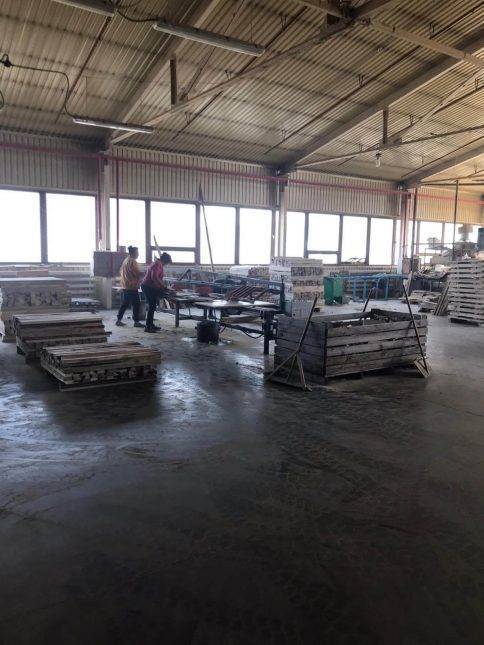
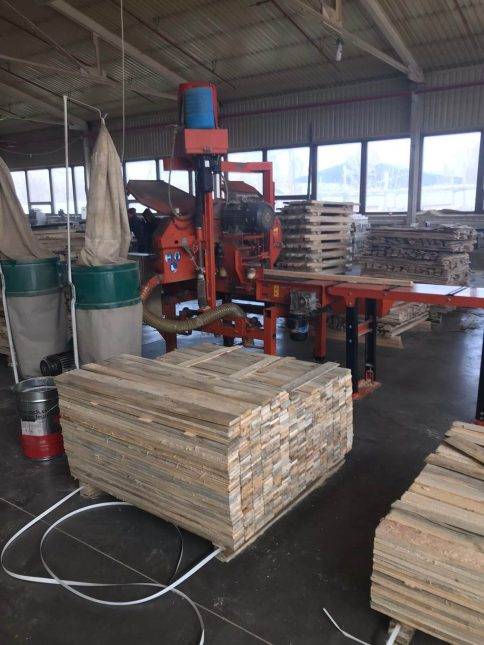
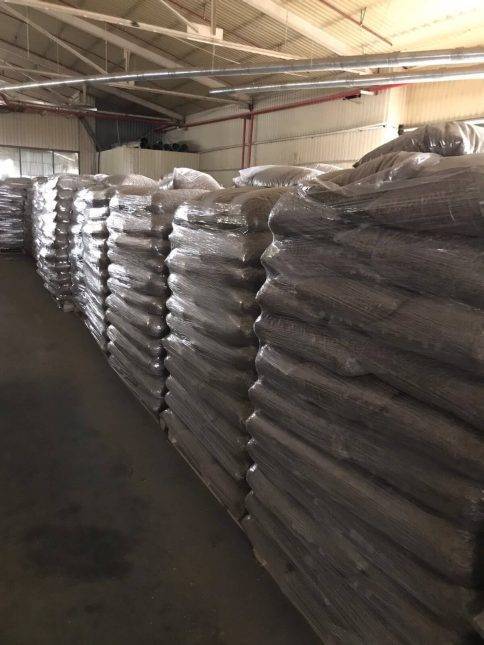
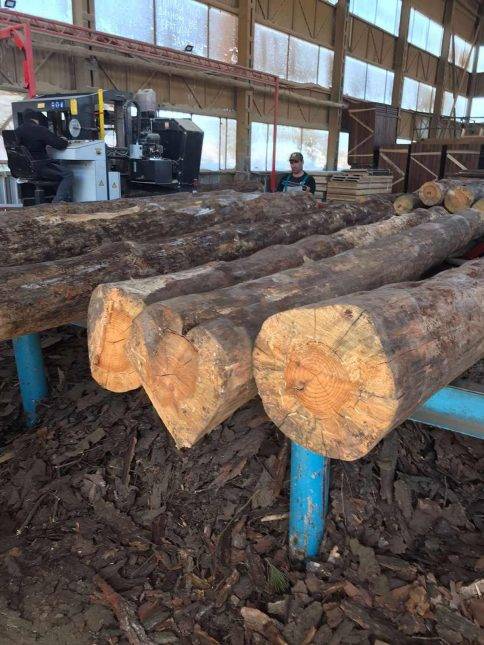
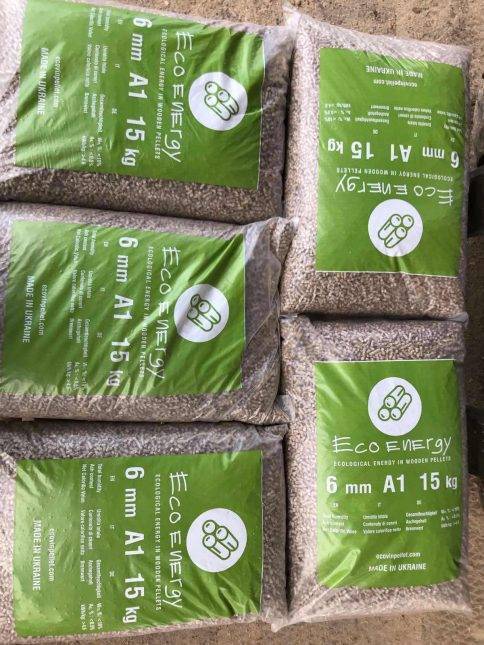
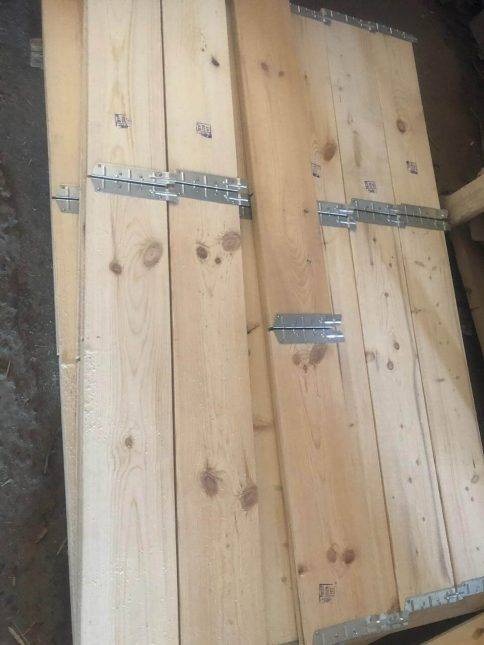
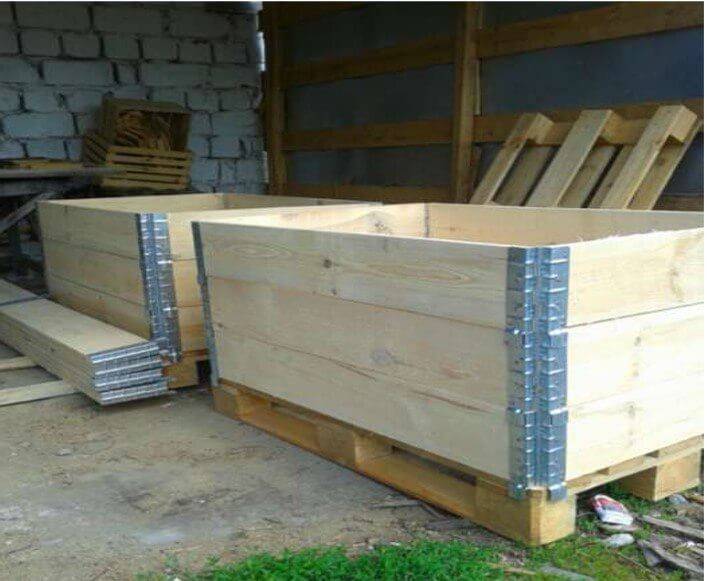
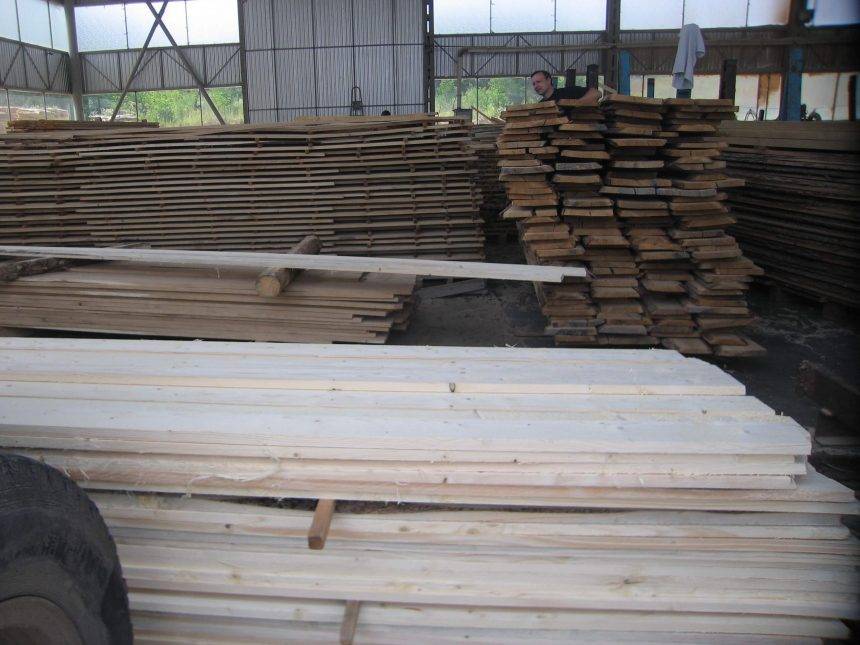
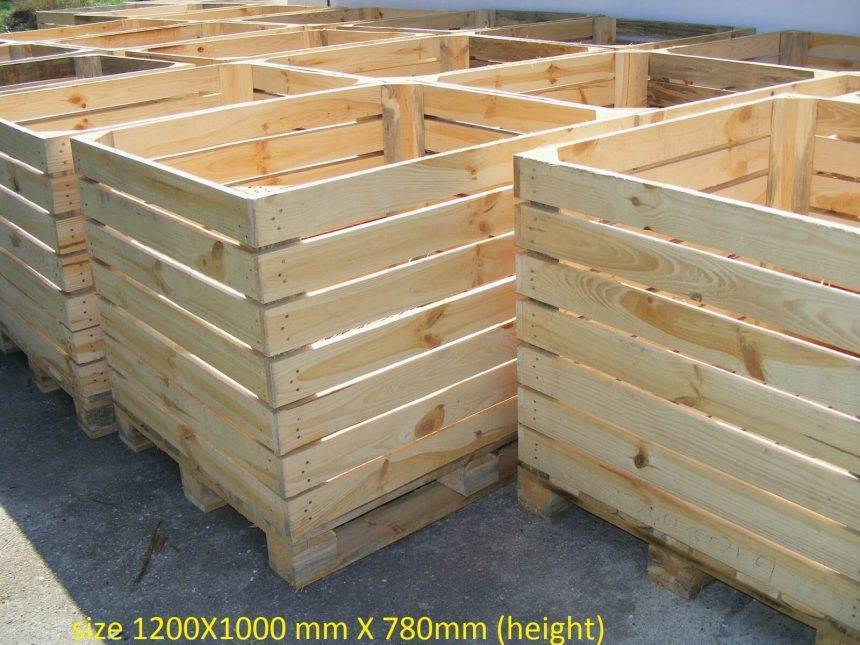
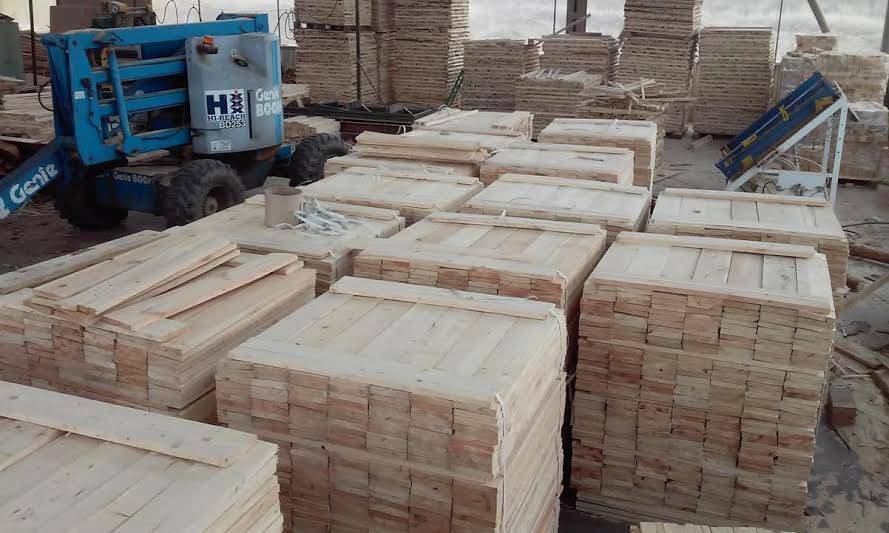
Stories
-
Katarina Mathernova: If Ukraine had a human face and a human spirit, it would be 10-year-old Roman Oleksiv
-
A regional mission to drive social entrepreneurship: the story of Ksenia Kosukha
-
EU restores safe water supply for 100,000 Ukrainians affected by war
-
Promoting IT during the war: Lviv IT cluster and how EU4Digital helps
-
Frontline digitalisation: Kharkiv IT Cluster collaborations
-
How EU4Youth is driving opportunity and success among young Ukrainians